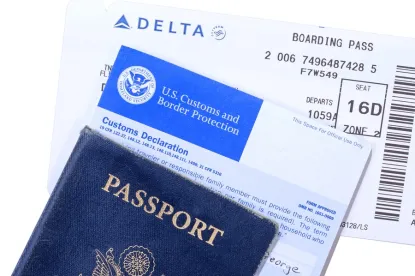While the U.S. travel, tourism, and hospitality industries worry about deleterious effects from President Donald Trump’s clampdown on immigration, including the travel ban, the European Union has its own, similar concerns related to the possible temporary reinstitution of visa requirements on U.S. citizens entering the EU.
Under the U.S. Visa Waiver Program, nationals of 23 EU countries can enter the U.S. as tourists or business visitors for up to 90 days without a visa. But the Program does not include five of the EU member nations — Bulgaria, Croatia, Poland, Romania, and Cyprus. EU rules require equal treatment for all EU nations and, for years, the five excluded countries have been calling for full reciprocity.
Under EU rules, in April 2014, a warning was issued to Canada, Australia, Brunei, Japan, and the United States that if full reciprocity was not granted within two years (by April 2016), the EU would reinstate visa requirements for citizens of the noncompliant nations for a 12-month period. Australia, Brunei, and Japan have complied. Canada will comply by December 1, 2017. The U.S. is the only country that has not yet heeded the warning.
It has been almost a year since the April 2016 deadline set under the original EU warning and the EU Parliament, by a show of hands, urged adoption of strictures against the U.S. That vote, however, is not binding and EU Commissioners hope to resolve the issue at an upcoming EU-U.S. ministerial meeting scheduled for June 2017. What is the hold-up? The Commissioners fear that there would be grave economic costs to imposing visa requirements on U.S. tourists and business visitors even for a limited time.
We will continue to follow these negotiations and provide updates as they become available.




 />i
/>i

